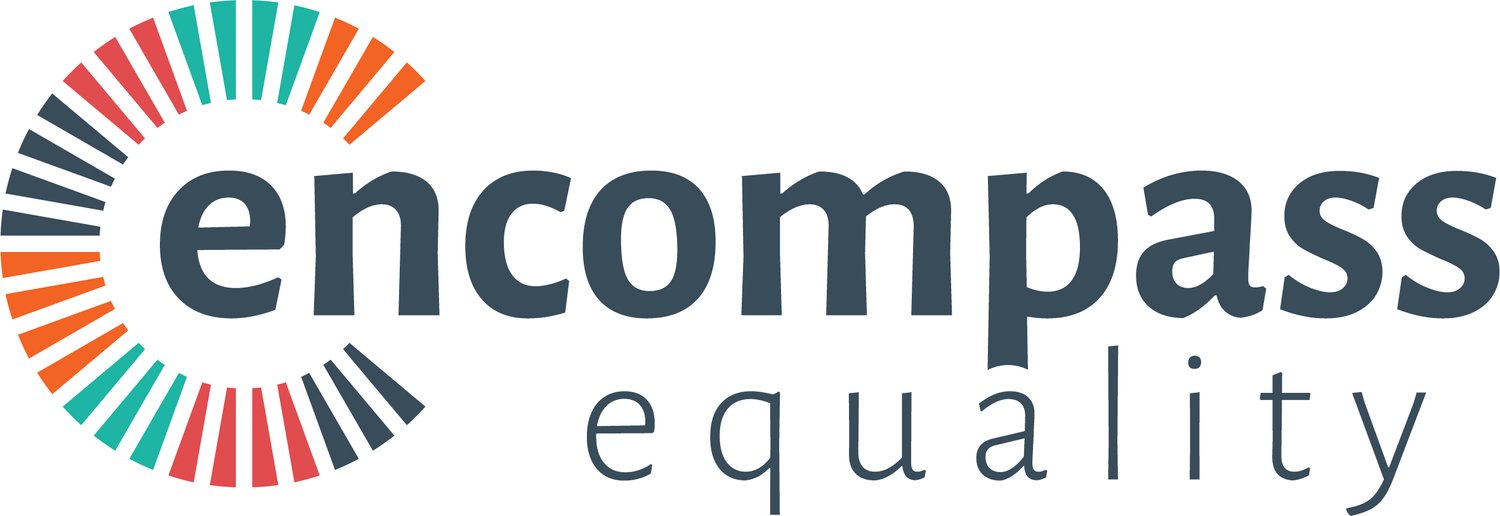Beyond the Game: Leading with Inclusion
With Lucy Pearson, Chair at Lord’s Taverners
Episode #58: Beyond the Game: Leading with Inclusion with Lucy Pearson
Series 8, Episode 6, Wednesday 16 July 2025
In this episode, Joy Burnford interviews Lucy Pearson, Chair at Lord’s Taverners cricket charity. She played cricket for England from 1996 to 2005, and was previously the Head of Cheadle Hulme School where she was the first woman to hold that position in its 150-year history. She also worked as Director of FA Education at The Football Association before taking up the role of Chair at Lord’s Taverners. Lucy joins Joy to share her insights on women in sport, the power of inclusive leadership, and being a female leader in a male-dominated environment.
Key takeaways
Progress in women’s sport: Lucy highlights that there has been progress in women’s sport, and some sports - such as football and rugby - now receive mainstream coverage. There are still ongoing struggles for investment, but the future of women’s sport is to become more commercial and professional.
Inclusive leadership: Lucy explains that this is an ongoing learning journey for her, but that inclusive leadership is about recognising each individual and understanding them. It is the responsibility of leaders to be vigilant about the moments in a work environment where an individual is either made to feel a little less, doesn't have the same opportunity, or has a view that is different to others. The job of leaders is to recognise that, and to create the environment where you might speak from their position - not on their behalf - but so that they recognise there's allyship. Leaders should give others the opportunity to speak by creating that space to do it.
Creating equitable environments: Lucy shares her top three things that can make a positive difference in creating inclusive environments:
The importance of leaders taking an interest, whether it’s around an individuals' faith, family, or interests, to foster a sense of connectivity. Inclusion happens when we connect with one another.
The need for ongoing repetition, training, and development to embed inclusion as a strategy and a way of being. Inclusion is not a one-off conversation or seminar. If there’s no repetition, inclusion can get lost.
The importance of a framework of policies and procedures that require inclusive actions, such as recruitment practices and so on.
Leading in male-dominated environments: Lucy reflects on her experience, noting the informal and sometimes uncomfortable dynamics in board meetings. She emphasises the importance of being a voice of challenge and educating others about unintentional exclusionary behaviours. The key thing is not about what you say, it's how you say it.
Top tip for moving the dial faster on inclusion: Lucy’s advice is to make inclusion a priority and to create spaces to give everybody a voice. She warns against thinking in time-bound strategic periods, emphasising the need for continuous vigilance and ongoing commitment.
Insights from Lucy
“Inclusive leadership is about recognising each individual and understanding them, whatever understanding them might be. And that's whether that person is male, that person's female, that person is from a historically underrepresented group, that person has a disability, that person is white, whatever it might be. Our responsibility as leaders is to be vigilant about the moments in our work environment that an individual is either made to feel a little bit less, doesn't have the same opportunity, has a view that is different to others, or perhaps stumbles in terms of trying to articulate. The job of us as leaders is to recognise that and to bridge the gap, and to create the environment where either you might speak from their position, not on their behalf, but so that they recognise there's allyship.”
“As a leader, as an individual, you cannot underestimate the impact of you taking an interest, whether it's around somebody's faith or family or interests outside, to give that sense of connectivity. I think that inclusion happens when we connect with one another.”
“Inclusion is not a one-off conversation or a three hour-seminar, and we've ticked the proverbial box. I think it is a strategy. I think it's a way of being. I think it's reminders. I think it's about giving people spaces to talk about it, and that if you don't, I think inclusion gets lost.”
“You owe it to yourself and to those who come after you to be a voice of challenge, and you don't have to do it in a way that is accusatory. The key thing is not about what you say, it's how you say it.”
“You have to give everybody a voice. You have to show it's a priority for you. If a leader doesn't make inclusion a priority for them, I'm afraid that you're not going to move the dial very fast. They have to take that responsibility of creating the spaces and showing that this is important. We need to talk about this regularly. And it's not a one-off thing, it is an ongoing commitment.”
Keywords
Women's sport, inclusive leadership, cricket, female empowerment, diversity, organisational culture, professional development, gender equality, sports education, leadership challenges, representation, career progression, workplace inclusion, personal growth, organizational change.
Resources
Lucy’s recommended book: Ruthlessly Caring: And Other Paradoxical Mindsets Leaders Need to be Future-Fit by Amy Walters Cohen
How Encompass Equality can help you
Book a call to see how Encompass Equality can help you create workplaces where everyone thrives.

